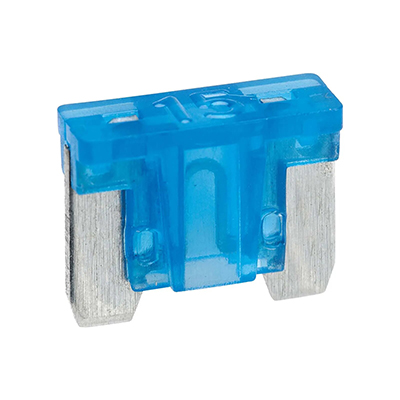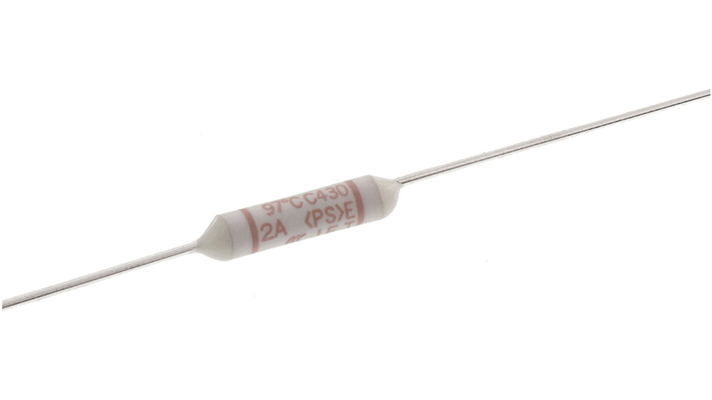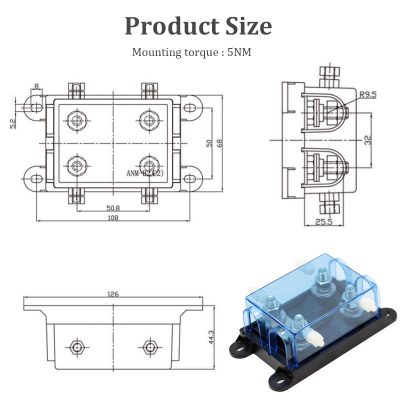Fuse Cost Analysis: Bulk Versus Individual Replacement Purchase Strategies
News 2025-10-24
Fuses are essential components in electronic systems, providing critical protection against overcurrent and short circuits in industries like automotive, manufacturing, and telecommunications. This analysis examines the financial implications of buying fuses in bulk compared to individual replacements, helping businesses optimize costs while ensuring reliable performance. By evaluating purchasing strategies, companies can enhance efficiency and reduce expenses in their operations.

Advantages in Bulk Fuse Acquisitions
Bulk purchasing of fuses delivers significant cost savings through economies of scale, where larger orders reduce the price per unit. In high-volume settings such as production facilities, this approach minimizes procurement frequency and associated administrative burdens. For example, automotive manufacturers benefit from stockpiling standard fuse types, which supports uninterrupted assembly and improves system reliability by maintaining ready inventory.
Challenges with Individual Fuse Replacements
Individual fuse purchases often incur higher costs due to elevated per-unit pricing and shipping fees, making them less efficient for routine needs. This method suits sporadic maintenance scenarios, like in field repairs or custom applications, but can lead to increased downtime and inventory inefficiencies. Electronics service providers must weigh these factors to avoid escalating expenses and ensure consistent operational uptime.
Key Comparative Insights
Comparing bulk and individual strategies reveals that bulk buys excel in cost-per-unit reduction and long-term savings, ideal for predictable demand, while individual purchases offer flexibility for variable or urgent requirements. Performance-wise, bulk strategies enhance supply chain resilience, whereas individual approaches may compromise efficiency in time-sensitive environments. Businesses should assess usage patterns to select the optimal method for balancing cost and reliability.
Frequently Asked Questions
1. What drives cost differences in fuse purchasing?
Cost variations stem from order volume, supplier pricing, and demand fluctuations, with bulk often yielding lower rates.
2. In which scenarios is bulk buying most effective?
Bulk purchases shine in high-consumption industries like manufacturing, offering savings and reduced lead times.
3. How do individual replacements impact overall expenses?
They increase per-unit costs and logistical complexities, potentially raising total expenditure in low-frequency use cases.


